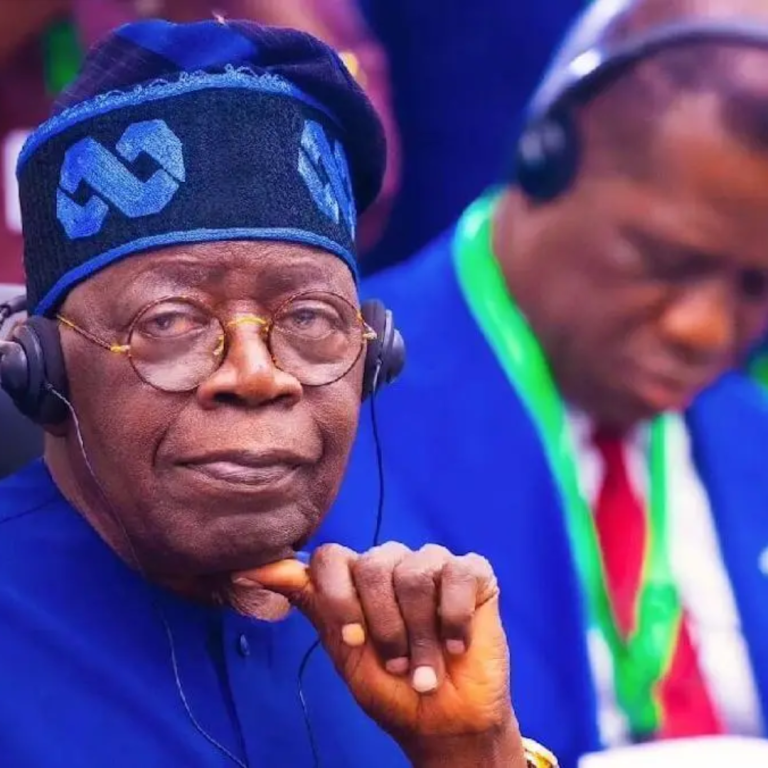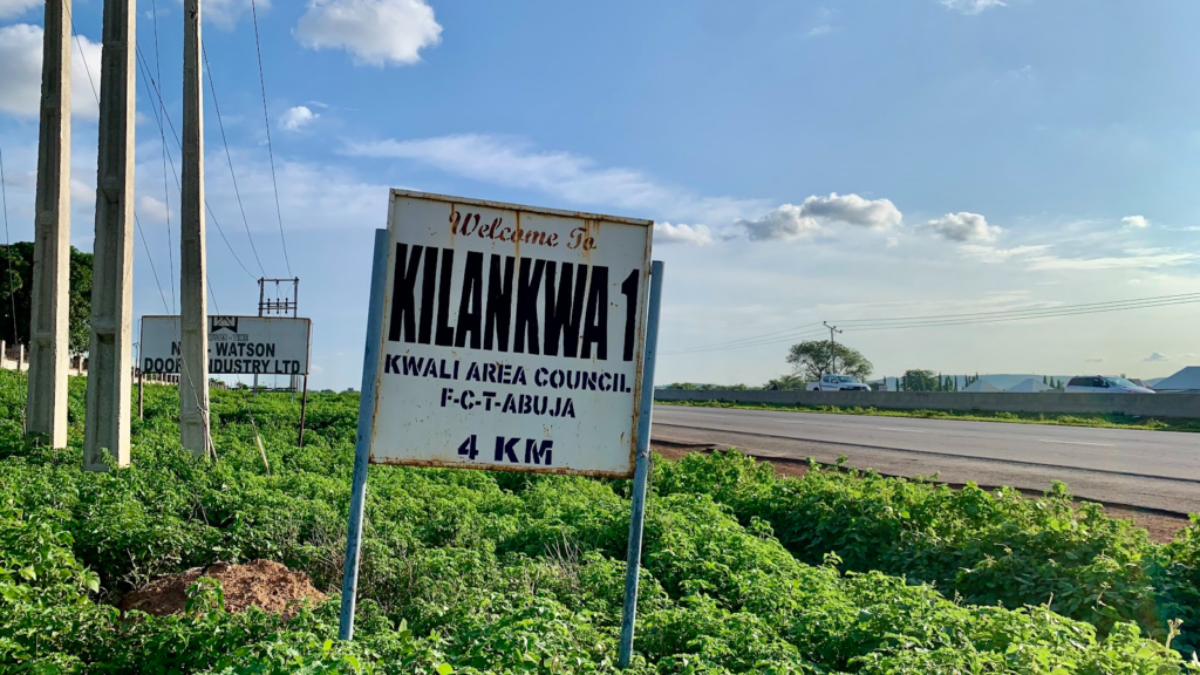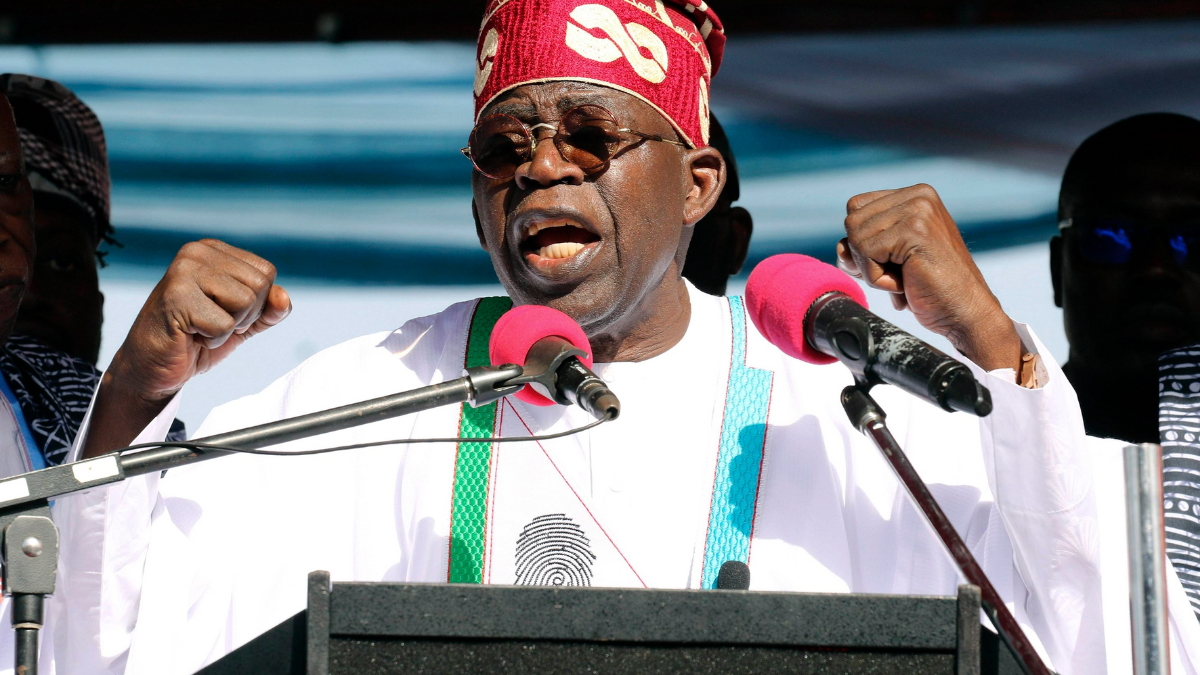Picture me as a content creator doing a storytime TikTok (sorry, boomers) because that’s the energy I’m coming with. The Nigeria Labour Congress (NLC) is dragging the Federal Government (FG) for filth, and I have all the details. Stay with me.
What’s going on?
The real question is, what’s not going on because there’s been a ton of drama in the past couple of days, and it all started with an announcement made on Monday, January 20.
On Monday evening, the Nigeria Communications Commission (NCC) released a statement on its Twitter account saying it is giving telecommunication operators in the country permission to increase the tariff on phone calls, SMS, and data subscriptions by 50%. The implication of this announcement is that phone calls will move from ₦11 per minute to ₦16.50 per minute, SMS from ₦4 to ₦6, and 1GB data bundle from ₦287.50 to ₦431.25.
Protests and lawsuit threats
The ink from NCC’s pen had barely dried on their paper when they were hit by draggings from different corners. The first was from the National Association of Telecoms Subscribers (NATCOMS), which announced on Tuesday, January 21, that it’d be dragging the NCC by its hair to court for trying to add to the already heavy burdens that Nigerians carry.
The second lawsuit threat came on the same Tuesday, from the Socio-Economic Rights and Accountability Project (SERAP). The legal advocacy group is no stranger to calling the Nigerian government’s BS, regardless of the administration. Regarding this tariff hike, SERAP says that the government’s decision to increase the tariff violates the rights of Nigerian citizens to affordable communication as contained in international human rights standards.
The next dragging came from the National Association of Nigerian Students (NANS) on Wednesday, January 22. “This decision is not only abnormal but also highly inconsiderate and unjustifiable, especially in the current socio-economic climate,” the student association said in a statement.
NANS said that while it understood that telecommunication companies were facing operational challenges, it does not believe the burden should be passed on to Nigerians, especially students, because they already have way too much on their plate as it is.
Unlike SERAP and NATCOMS, the student association not only dragged the NCC but also bundled the Ministry of Communications and Digital Economy along with it, saying it would embark on a nationwide protest if the ministry and the NCC did not reverse the tariff hike in 72 hours.
The Nigerian Labour Congress (NLC) was not as gracious with their time though. On the same Wednesday, January 22, the NLC released a statement saying the tariff hike was highly unfair to Nigerian workers, giving the government a 48-hour deadline to reverse the hike, but unlike the other groups and associations before it, the NLC did not threaten a protest or lawsuit, it threatened an industrial boycott which it wants Nigerians to get on board with.
But why did the NCC hike the tariff by 50%?
Everyone is (rightly) pissed off at the tariff hike, but the gag is that telecom operators in Nigeria actually asked the government for a whopping 100% increment. This would have seen phone calls climb from ₦11 per minute to ₦22, SMS climb from ₦4 to ₦8, and 1GB data subscription from ₦287.50 to ₦575.
Telcos explained that the telecommunication industry was at risk of crumbling if an increase was not effected; they also threatened to suspend their services in some parts of the country if their demand was not met. After stalling and stalling, the NCC met them halfway and increased the tariff by 50% instead of 100%. We previously wrote an article explaining this in detail.
Why does the NLC want you to boycott telecom companies?
Explaining the position of the union on Arise TV on Friday, January 24, NLC President Joseph Ajaero argued that the government increased the tariff prices for its own gain. “When you increase tariffs by 50 per cent, aside from the taxes the government may collect, it’s seen as a way to boost government revenue. This has been the same approach even in the power sector,” he said.
He pointed out that while he understood the need for telcos to seek an increase in tariff due to operational struggles, he still thinks the government did not act in favour of ordinary Nigerians by making the 50% increment as he believes the NLC as a regulator, has the duty of striking a balance between the corporate interest of telcos and the welfare of Nigerians.
“The government needs to strike a balance. For someone earning N70,000, paying over N10,000 on this tariff increase alone is significant. How will they afford transportation, housing, and other basic needs? It’s not realistic because, in reality, there’s no housing that costs N10,000, and transportation costs are equally high,” the labour President said.
Explaining further, Ajaero said that the government could actually reduce the operational costs weighing down on telcos (as well as other industries) and save Nigerians the stress of extra expenses by producing essential items in the country rather than importing everything.
“For instance, even for metering, we’re importing cables. These are items we could produce domestically, but instead, we rely on imports and then blame rising costs on currency value and importation expenses,” he said, explaining that it made no sense to import these things and then push the extra costs of importation on Nigerians.
“Where did we go wrong that ordinary Nigerians must always bear the brunt? We need to rethink these policies and ensure that people aren’t left struggling to survive while corporations thrive,” he asked.
So what now?
Except for the Nigerian people, I have no dog in this fight. However, the NLC President made a fair argument in pointing out that certain things should be manufactured within the country to save Nigerians unnecessary headaches, sort of like how the entire country has always pushed for the establishment of functioning refineries that’ll supply petroleum products directly to Nigerians rather than going the importation route and incurring extra costs.
What can we do?
Your next point of action will be highly dependent on which side of the divide you stand on. You can do nothing if you believe the 50% tariff hike is fair. If you think it’s unfair, you can do either of the following to make your opinion known:
- Pressure your lawmakers: If citizens pressure their lawmakers about issues affecting them, they can summon the parties involved to explain what’s happening and possibly change the issue (again, only when pressured). You can find the lawmaker representing your constituency in the national House of Assembly here.
- Stage a protest: This is usually a no-brainer in situations like this. In this particular case, you can either start your own protest, join the one proposed by NAN or join NLC’s boycott.
- Use social media: Social media has quickly become a powerful tool for change globally, and it’s no different in Nigeria. One of the most effective ways to start a social media campaign is by consistently talking about an issue and using hashtags to do it. Strong movements such as the #EndSars originated through the use of hashtags.
4. Start a digital campaign: Starting an online petition is also another way to effect change that you want to see. Platforms like this are a great start and are pretty straightforward to use.




